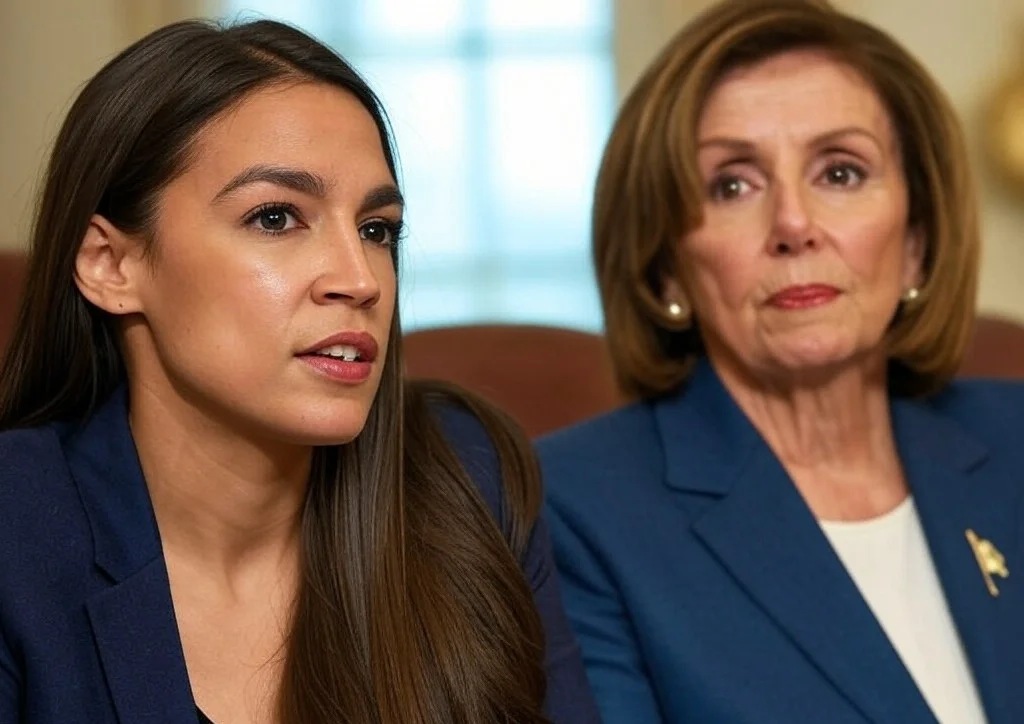The Democratic Party finds itself at a crossroads, grappling with an identity crisis that threatens its relevance in American politics. Once the steadfast champion of working-class Americans, the party has struggled to maintain the trust of union workers and other key constituencies. This drift from its roots has left it vulnerable to challenges not only from the right but also from within.
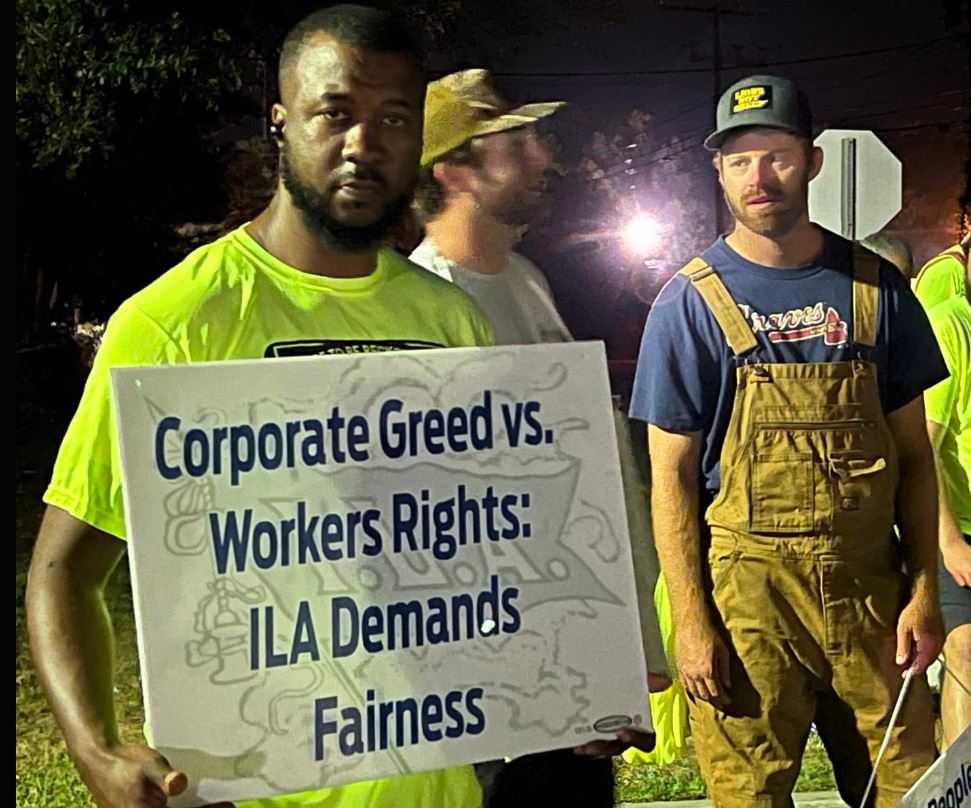
A pivotal moment came when union workers, historically aligned with the Democratic Party, began to feel disillusioned. Whether over failures to address their economic concerns, (been to the grocery store lately?) or the party’s inability to counter the effects of automation and globalization, many union members went hard right. Strikes across industries, from manufacturing to logistics, underscore a growing disconnect between labor and the party that once proudly waved the banner of solidarity.
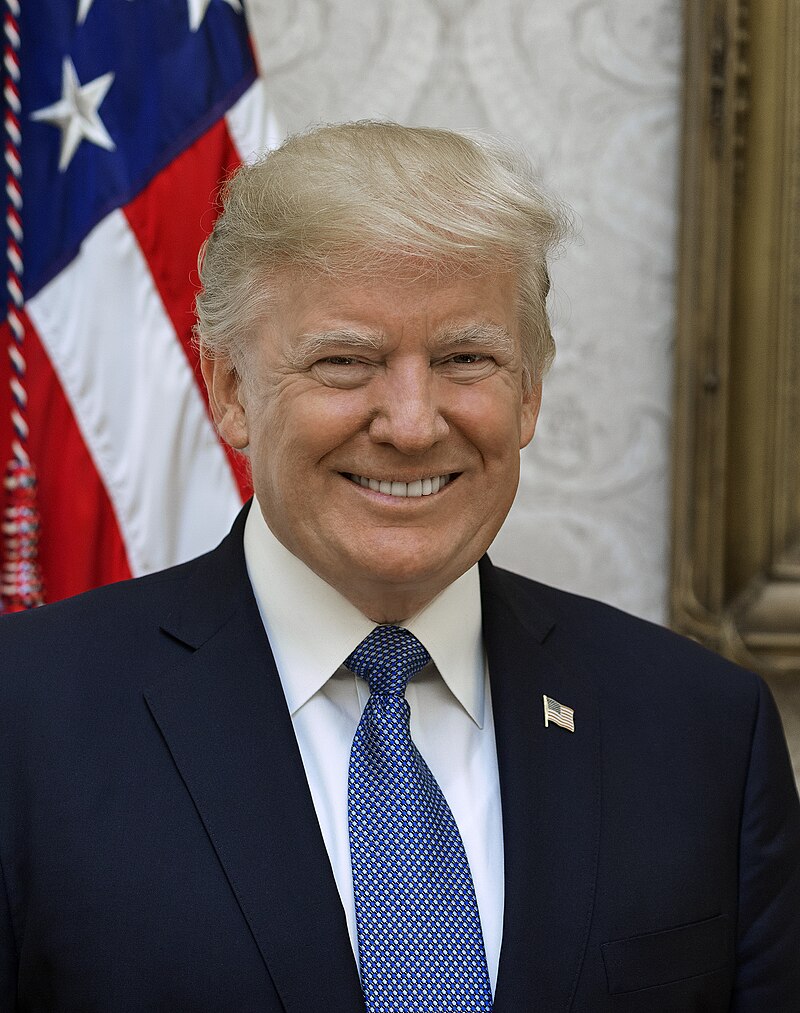
The situation worsens when considering the broader political landscape. The very idea that the Democratic Party could lose a presidential election to someone convicted of a felony speaks to a deeper issue: a fear of failure will always lead to failure. The party’s current leadership has struggled to articulate a compelling message that resonates across the spectrum of voters. Instead, it has been mired in defensive strategies and reactive policymaking catering to a donor class. When congress can’t get things done that the public overwhelmingly agrees on, something has to change. See health care and congress insider trading to name but a few.
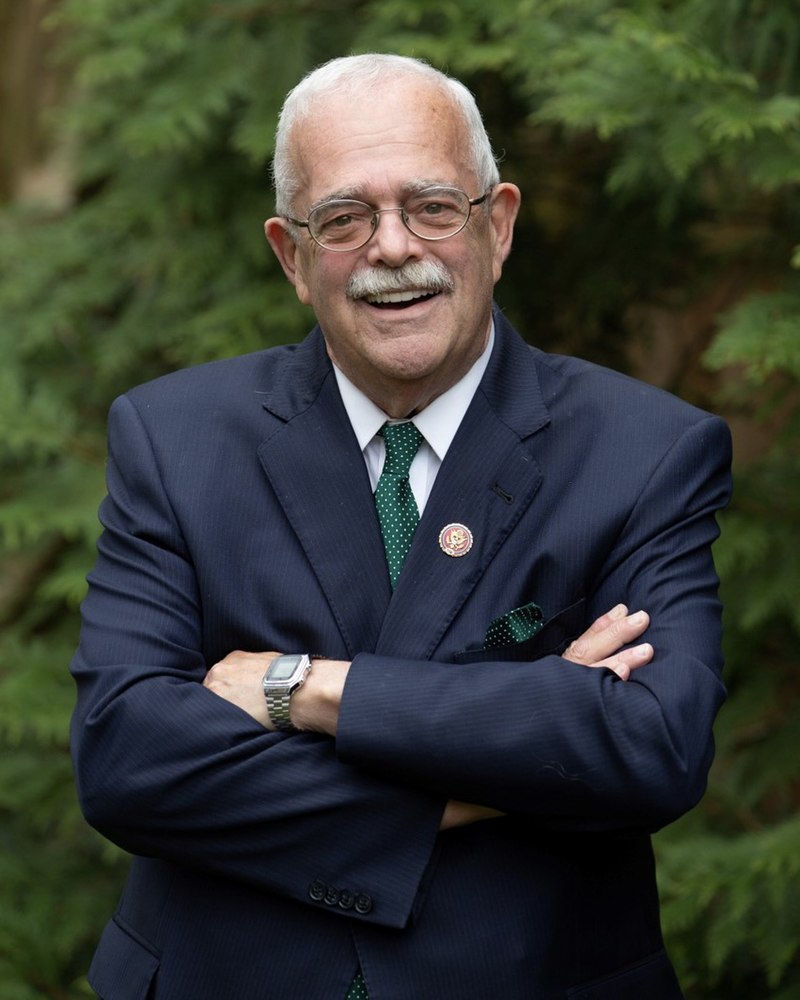
Recent events have further exposed the party’s internal strife. The decision to select a 74-year-old congressman Gerry Connolly over Alexandria Ocasio-Cortez for a key leadership role on the House Oversight Committee is emblematic of the Democratic establishment’s resistance to change. This move, orchestrated by former Speaker Nancy Pelosi, highlights the party’s preference for seniority and loyalty to the status quo over bold ideas and fresh leadership. The party is signaling that apparently they like losing presidential elections, they anointed Harris as the candidate without even asking voters who they would like as their candidate. Is that how democracies are run? The election outcome is your answer to that question.
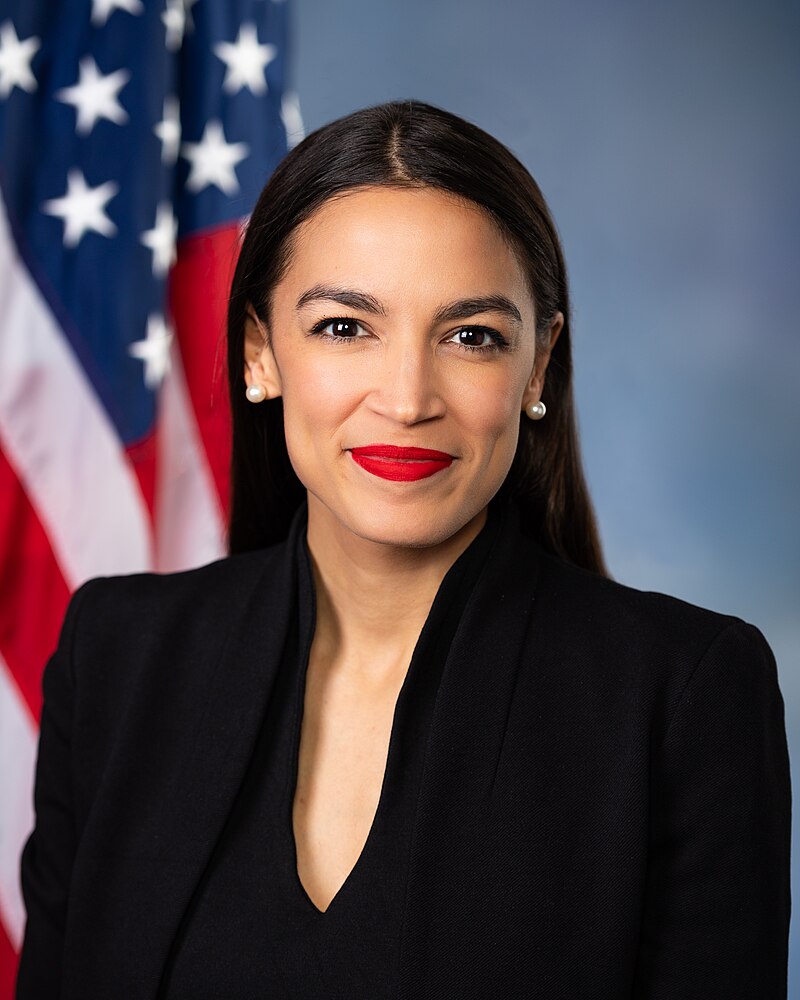
The Democratic Party’s survival depends on change—not just in policy but in leadership. The party needs a new face, someone capable of reigniting the passion of its base while broadening its appeal to the disenfranchised. Alexandria Ocasio-Cortez represents that change. Her bold vision, unrelenting advocacy for working families, and ability to connect with younger voters make her a natural choice to lead the party into a new era. Perhaps putting someone on the ticket that actually goes to the grocery store might produce a better outcome.
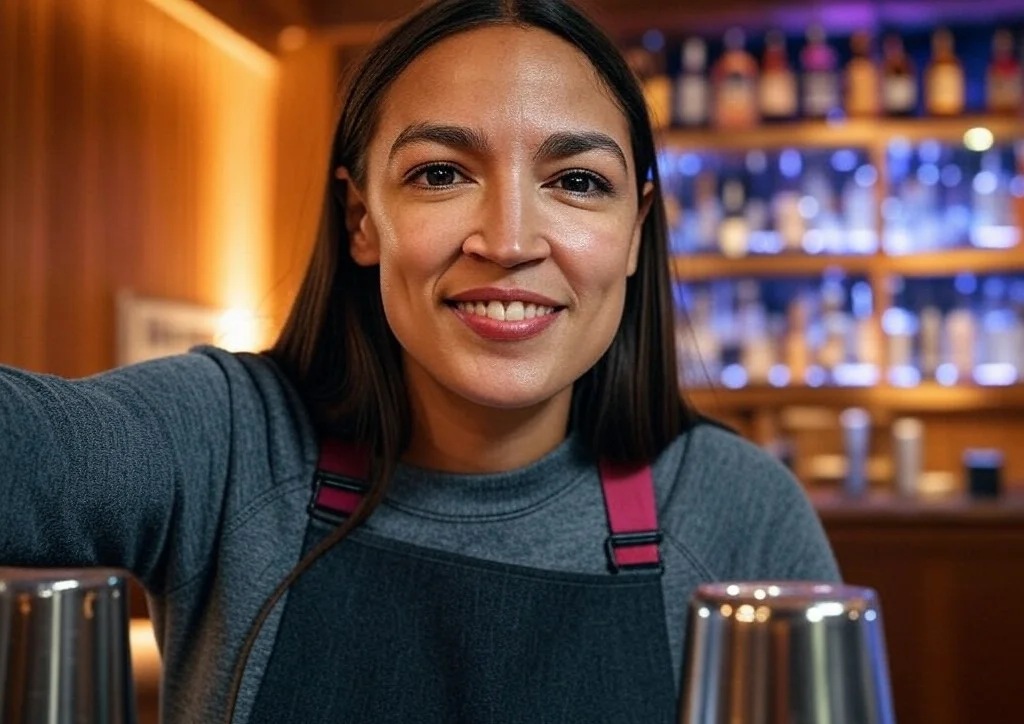
Critics may dismiss her as too progressive, but that critique misses the broader point. Ocasio-Cortez embodies a clear and unapologetic commitment to transformative policies, from universal healthcare to climate action, that address the anxieties of everyday Americans. Her authenticity and relatability stand in stark contrast to the often-stale and overly calculated strategies that have come to define Democratic politics. She represents a generation unafraid to challenge entrenched systems and demand accountability.
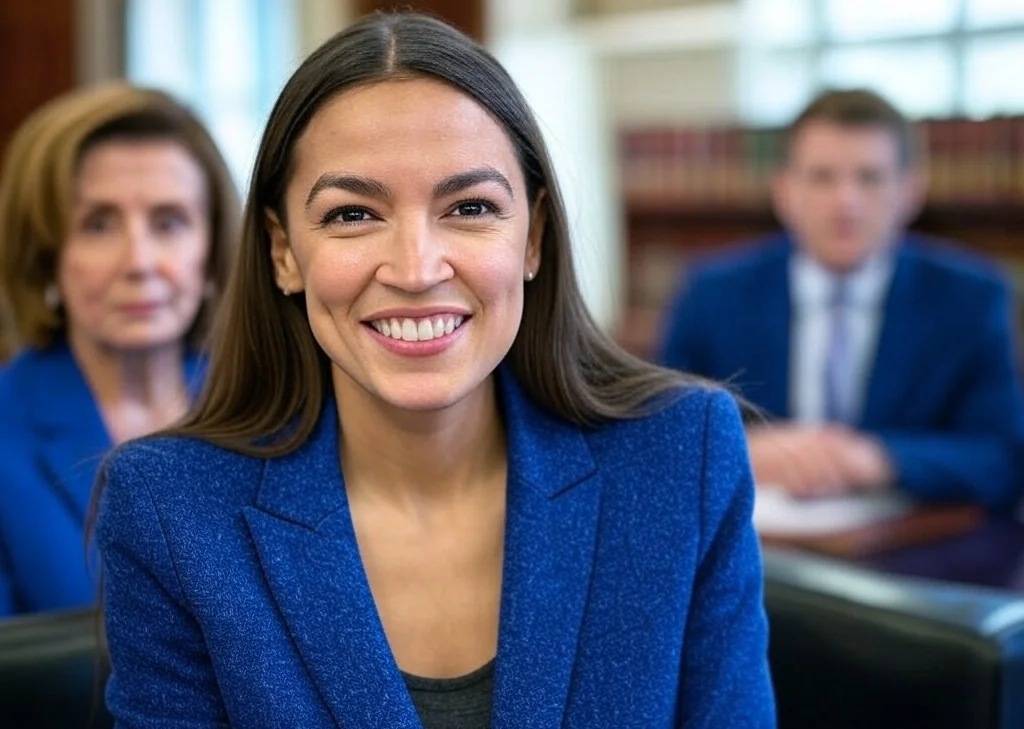
The Democratic Party’s path forward requires boldness, not timidity. Embracing Ocasio-Cortez’s leadership could revitalize the party, bringing energy, enthusiasm, and a renewed sense of purpose. It is a gamble, no doubt, but one worth taking for a party at risk of losing its soul. If they had taken the gamble this election what is the worst possible outcome? Trump winning and losing the house and senate? They managed to do that with the status quo. In a political landscape where complacency is punished, the time for transformative change is now. The Democratic Party must decide whether it will continue to stumble along its current path or embrace a new face of change and hope.

